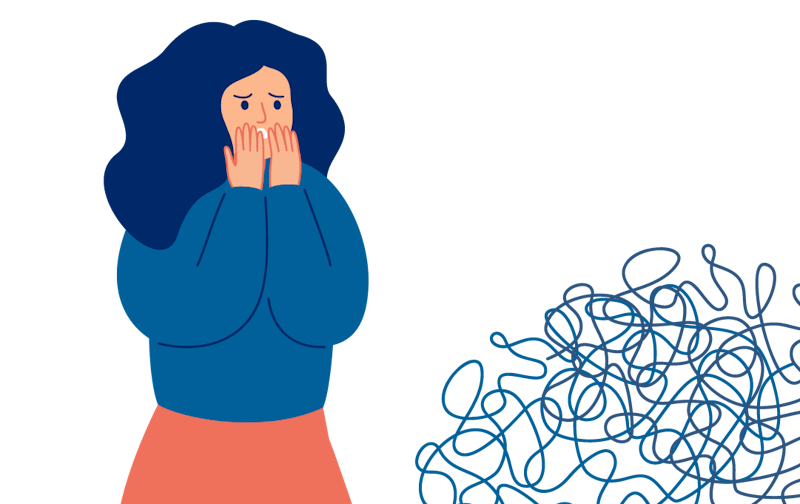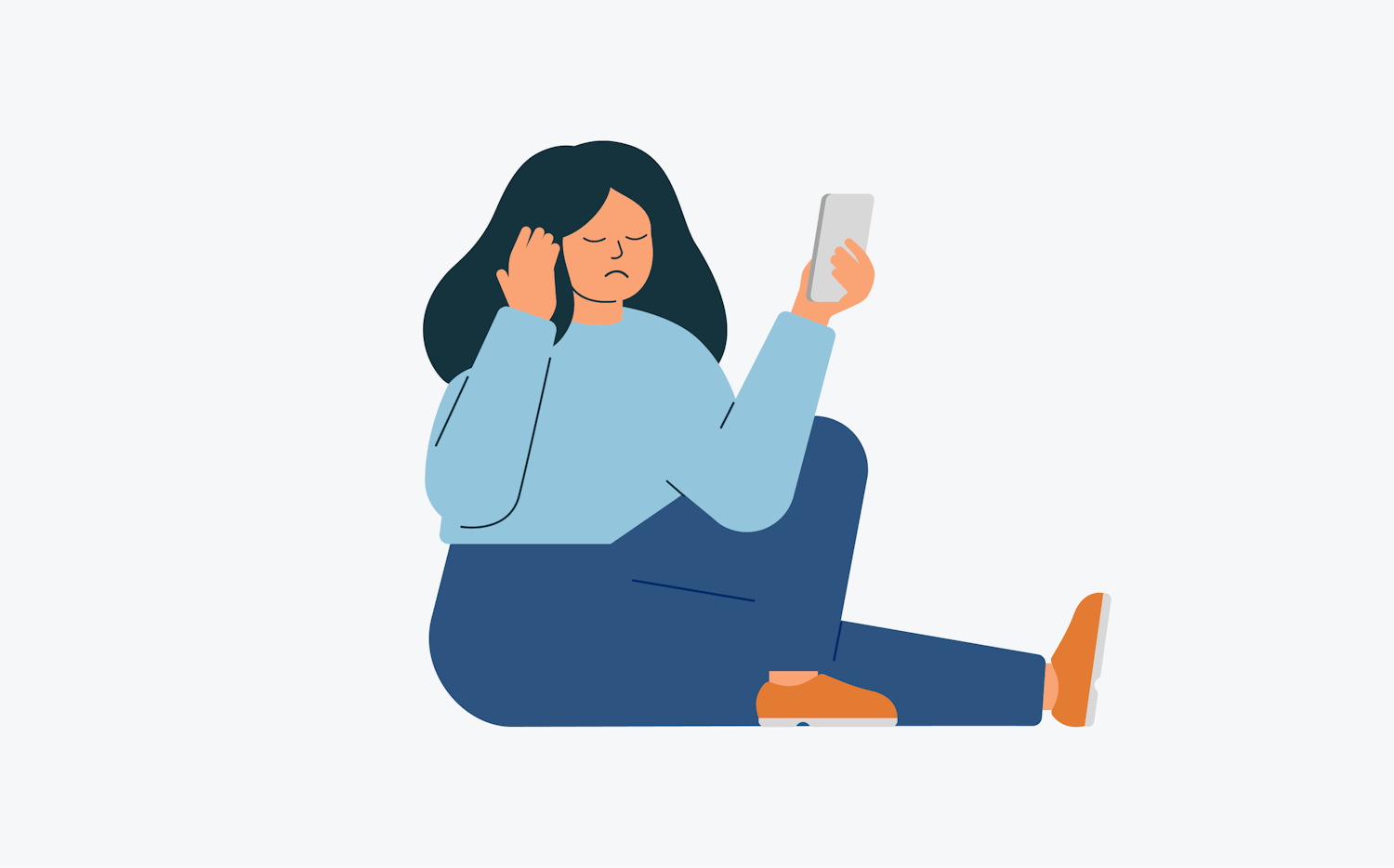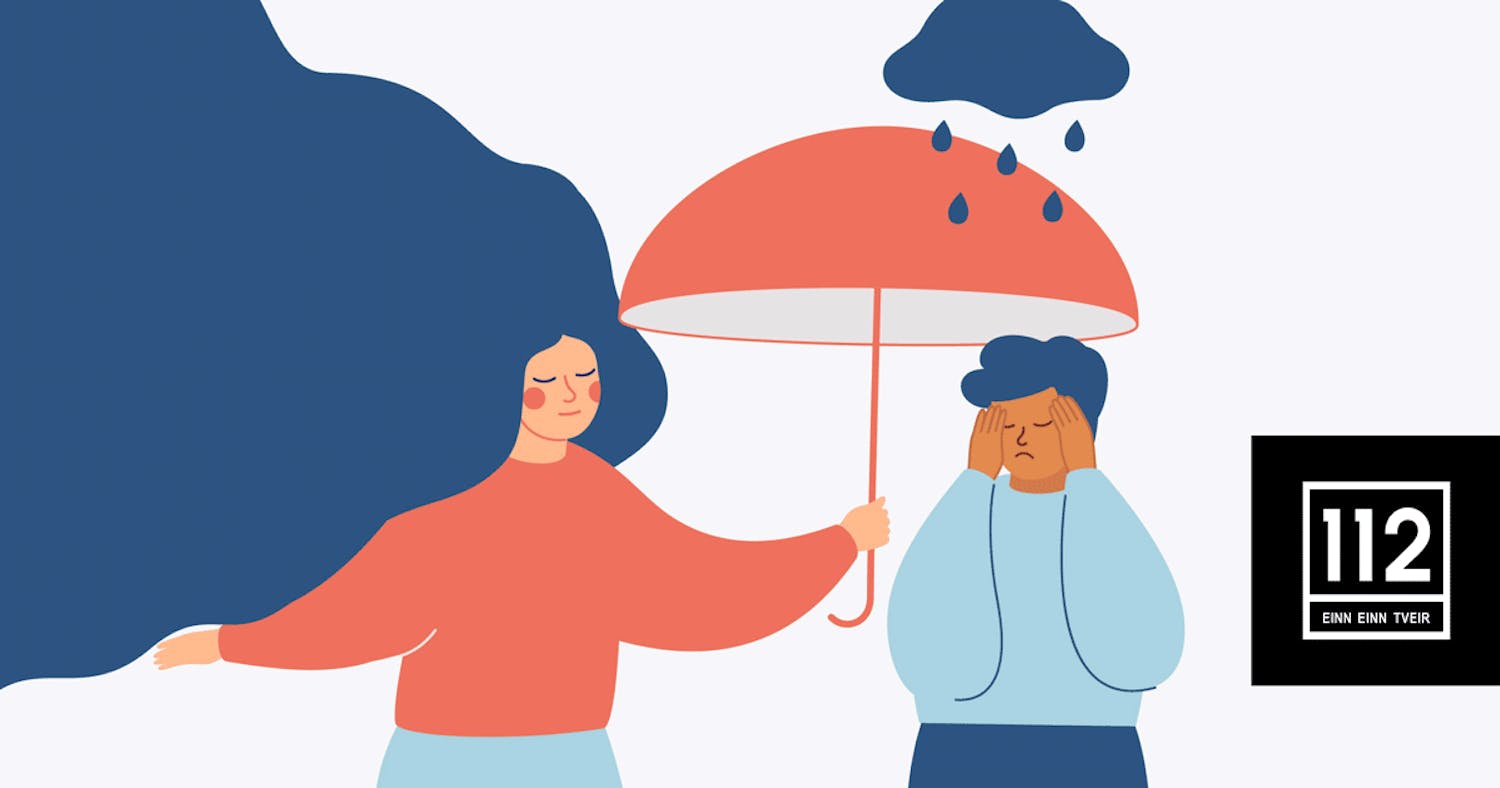Abuse among youth
Bullying is repeated abuse, physical or emotional, where one or more people pick on an individual who has trouble defending themselves. Watching bullying happen and not doing anything about it is the same as participating in it. You can make a difference and prevent bullying. In order to do so, you have to know what bullying is and make sure that others know, too.
Bullying can be:
- Physical. Hitting, kicking, pushing.
- Verbal. Calling someone names, making rude comments, teasing them repeatedly.
- Written. Negative messages online or over the phone, graffiti, letters or notes.
- Indirect. Gossip, exclusion, ostracising someone from a friend group.
- Material. Stealing or destroying things.
- Emotional. Forcing someone to do something against their will.


